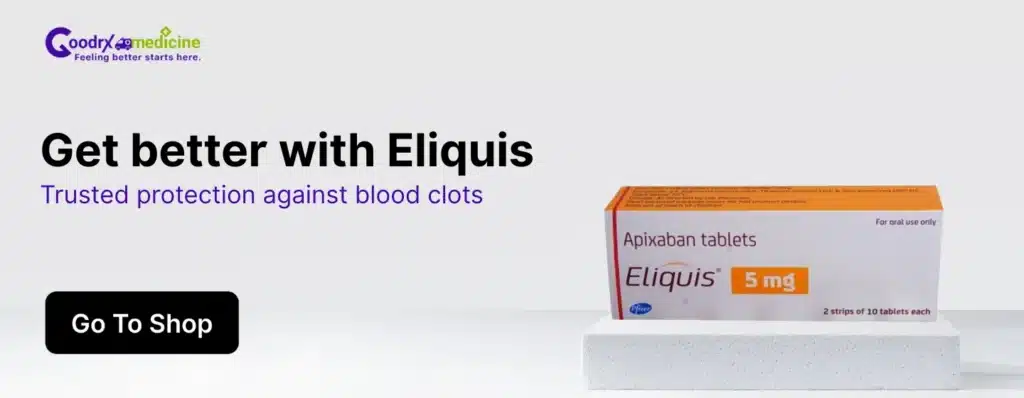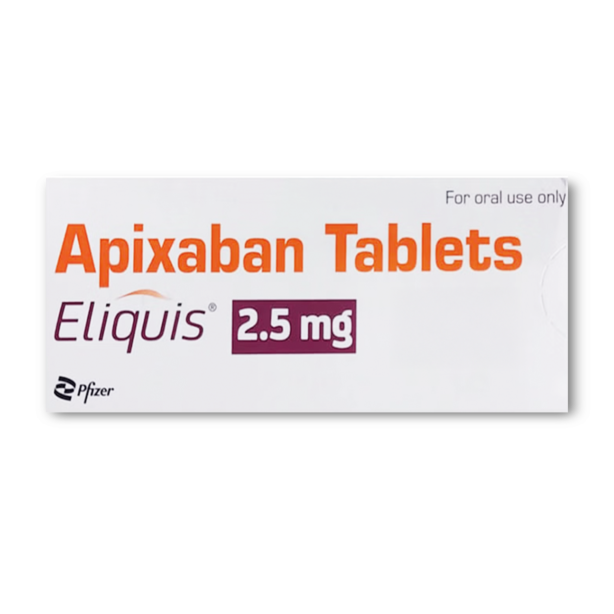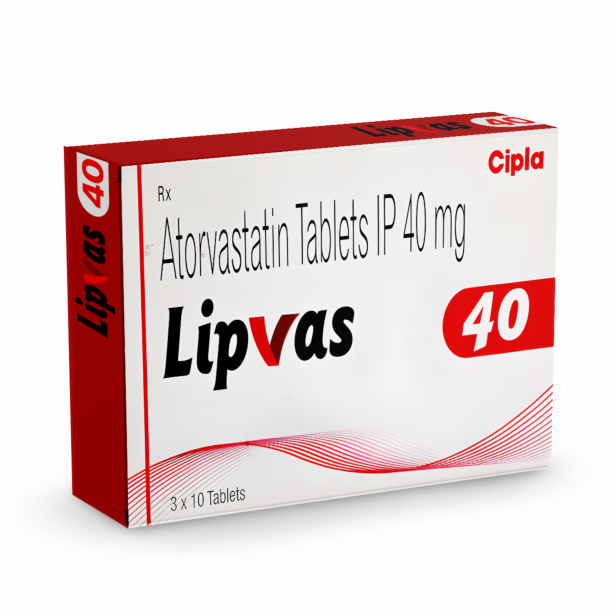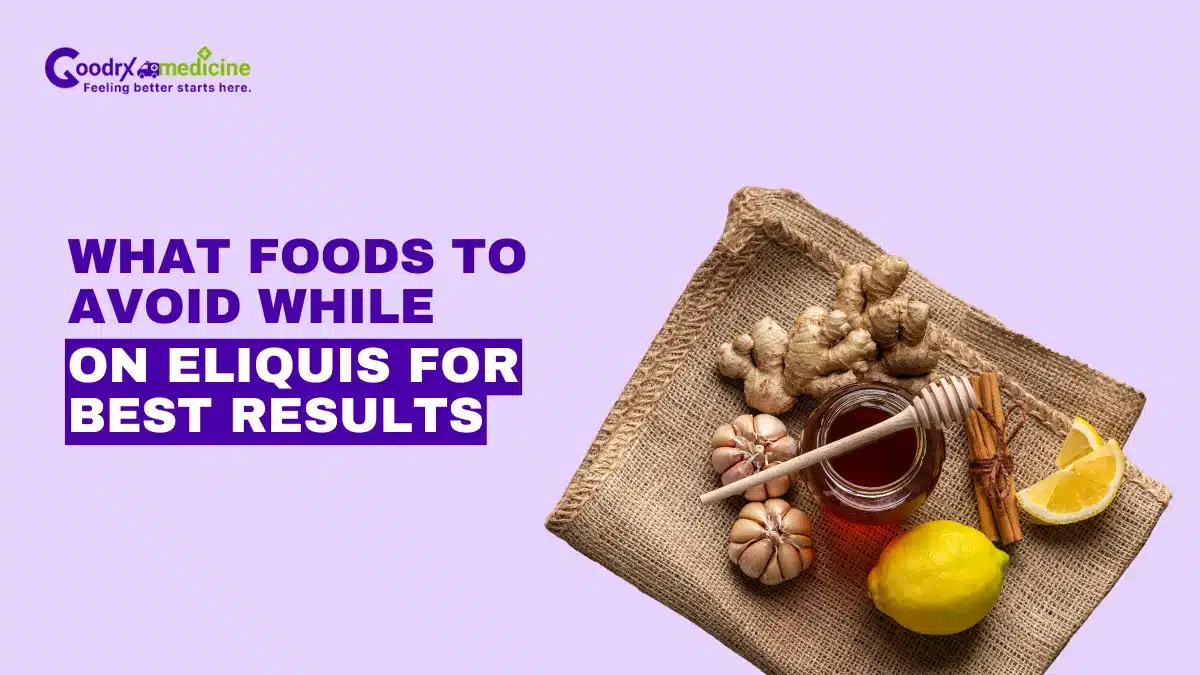Eliquis (Apixaban) is a modern blood thinner with fewer diet restrictions than older medications, yet certain fruits and supplements can still alter its effectiveness or risk.
Knowing what foods to avoid while on Eliquis helps you stay safe without giving up your favorite flavors. Awareness of these interactions is key, from citrus juices that block medication metabolism to herbal teas and high-dose extracts that amplify anticoagulation (blood-thinning).
This article breaks down the most important foods and substances to skip or limit, explains why they matter, and offers tips to keep your treatment on track. Read on to learn more.
Green tea, chamomile, and other herbal teas
Herbal teas like green tea, chamomile, echinacea, and ginseng may seem harmless, but they can interfere with Eliquis.
Green tea’s vitamin K content can interfere with the medication’s blood-thinning effect, while chamomile and ginseng have natural antiplatelet actions that amplify bleeding risk. Because herbal tea potency is not regulated, it’s hard to know how much of the active ingredient you’re actually getting.
Instead of herbal blends, stick with regular black or decaffeinated teas. Always talk with your pharmacist before trying any new herbal beverage.

Save up to 90% on your medicine bills

Eliquis 2.5 Mg

Crestor 40 Mg

Lipvas 40 mg

Arkamin 100 Mcg
Turmeric, ginger, and garlic
Turmeric, ginger, and garlic are celebrated for their health benefits, but high-strength supplements of these spices can worsen bleeding when you’re on Eliquis.
Curcumin in turmeric inhibits clot-forming cells, while ginger and garlic supplements thin blood by blocking platelet aggregation. Cooking with small amounts is generally safe, but avoid concentrated pills or extracts without your doctor’s approval. If you crave these flavors, add them in small amounts to meals rather than taking supplemental doses.
Fish oil, vitamin E, and other supplements
Over-the-counter supplements such as fish oil and high-dose vitamin E can increase bleeding risk by enhancing Eliquis’s anticoagulant effects. Omega-3s in fish oil inhibit platelets, and vitamin E can interfere with clotting factors.
Rather than self-prescribing, aim to get these nutrients from foods like salmon, walnuts, and spinach. Before starting any new supplement, check with your doctor to ensure it won’t disrupt your Apixaban therapy.
Grapefruit and other citrus fruit
Grapefruit, pomelos, limes, cranberries, and their juices contain furanocoumarins that slow the liver enzyme (CYP3A4) responsible for breaking down Eliquis. When this happens, blood levels of Apixaban can rise, increasing your chance of bleeding. To stay safe, replace these fruits with non-interacting oranges or apples.
Precautions and monitoring
To help you stay on top of your therapy and catch any issues early, follow these key monitoring steps:
- Routine labs: While Eliquis doesn’t require regular checks, periodic renal and liver function tests ensure safe dosing.
- Alcohol intake: Heavy alcohol use can harm liver function, which is essential for processing Eliquis, and may increase bleeding risk. If you drink, limit yourself to no more than one standard drink per day, and discuss your alcohol use with your doctor. Report any unusual bruising or bleeding promptly.
- Consistent diet: Maintain a stable intake of vitamin K–rich foods (e.g., leafy greens) to avoid subtle clotting fluctuations.
- Medication review: Inform your healthcare team before starting any new prescription or over-the-counter (OTC) product.
When to seek medical assistance
Even though Eliquis is generally safe when taken as directed, certain signs mean you should get medical help immediately to prevent serious complications. If you notice the following, immediately communicate with a healthcare provider or seek emergency care.
- Nosebleeds lasting longer than 10 minutes.
- Blood in urine or stool (may look red, pink, or dark).
- Severe or sudden headaches, especially with vision changes.
- Unexplained large bruises from minor bumps.
- Prolonged bleeding from cuts or after dental work.
- Signs of brain bleeding include severe headache, stiff neck, confusion, dizziness, vision changes, numbness or weakness on one side, trouble speaking or walking, or vomiting.
- Any sudden, severe symptoms that suggest internal bleeding or stroke.
Staying vigilant for these symptoms ensures you receive timely evaluation and treatment.
Conclusion
Being aware of what foods to avoid while on Eliquis is essential for staying safe and making the most of your treatment.
While Eliquis offers fewer food restrictions than older blood thinners, certain fruits like grapefruit, herbal teas, and supplements such as turmeric or fish oil can increase bleeding risks or reduce the drug’s effectiveness.
Even alcohol and high-dose vitamins should be used with caution. Stick to a balanced diet, avoid risky food and drink combinations, and always check with your doctor before adding anything new.
Regular checkups and staying alert to warning signs of bleeding will help you stay on track and use Eliquis safely and effectively.
Frequently Asked Questions
How should I handle missed Eliquis doses?
If you miss a dose by less than 6 hours, take it as soon as you remember. If more time has passed, skip and resume your regular schedule. Never double up, consult our Eliquis Dosing Guide or your provider for clarity.
Can I switch to another anticoagulant if the diet is challenging?
Yes, if dietary restrictions on Eliquis are challenging to manage, your doctor may consider switching you to another anticoagulant with fewer interactions or different monitoring needs. Never switch medications alone; consult your healthcare provider for safe, personalized guidance.
Can I drink coffee while on Eliquis?
Yes, coffee doesn’t directly affect Apixaban metabolism or clotting. However, limit your intake to moderate (2–3 cups daily) to avoid caffeine-related side effects, such as jitteriness or sleep disturbances. Always report any unusual palpitations or gastrointestinal upset to your healthcare provider.
What should I do if I accidentally consume grapefruit?
If you accidentally consume grapefruit while on Eliquis, don’t panic. Avoid further intake and monitor for signs of increased bleeding, such as unusual bruising or prolonged bleeding. Inform your doctor or pharmacist to adjust your treatment, especially if you regularly consume grapefruit.
Can herbal supplements affect Eliquis effectiveness?
Yes, many herbal supplements like St. John’s wort can either increase bleeding risk or reduce Eliquis effectiveness. Always consult your pharmacist or doctor before adding any supplements to your routine.
When referencing outside resources, GoodrxMedicine always provides full citations. To learn more about the measures we use to maintain the quality of our content, please review our Content Information Policy.











